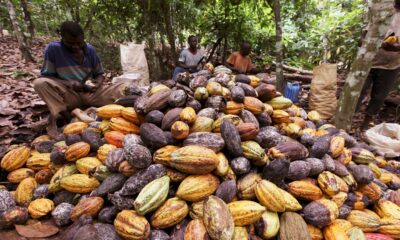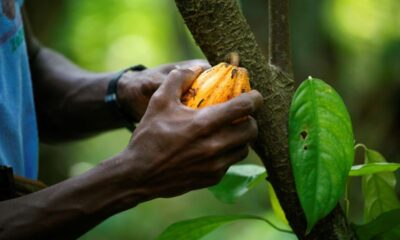VenturesNow
Ivory Coast: Cocoa farmers get electronic cards for tracking, fair pricing

VenturesNow
IMF mission concludes 4th loan program assessment in Egypt
VenturesNow
Kenya seeks $750m from World Bank, obtains $200m from AfDB— Official
-

 Sports2 days ago
Sports2 days agoSA football legend Lucas ‘Masterpieces’ Moripe passes away
-

 Metro2 days ago
Metro2 days agoWanted Zambian MP who escaped from prison custody captured in Harare
-

 Metro1 day ago
Metro1 day agoNigerian Senate confirms influx of terrorists from Mali, Burkina Faso into the country
-

 Culture2 days ago
Culture2 days agoMiss SA opens up on why she withdrew from Miss Universe pageant




































